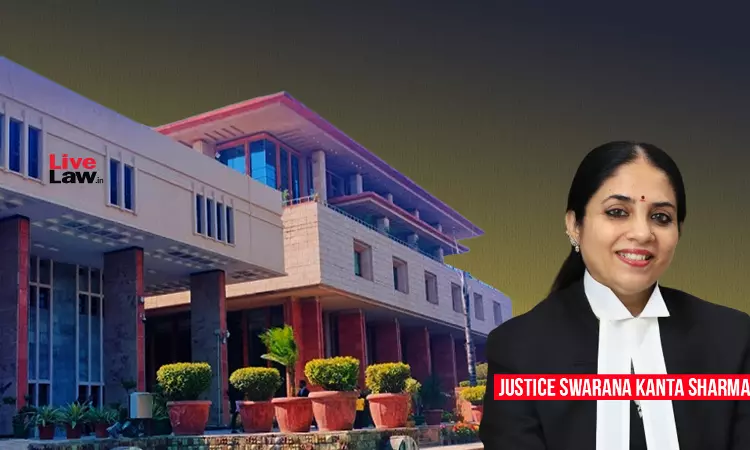The Delhi High Court has observed that criminal cases involving allegations of sexual violence cannot be quashed on the basis of monetary payments as doing so would imply that “justice is for sale.”Justice Swarana Kanta Sharma made the observation while rejecting a plea moved by a rape accused seeking quashing of an FIR registered by a woman on the ground that the matter was amicably...

